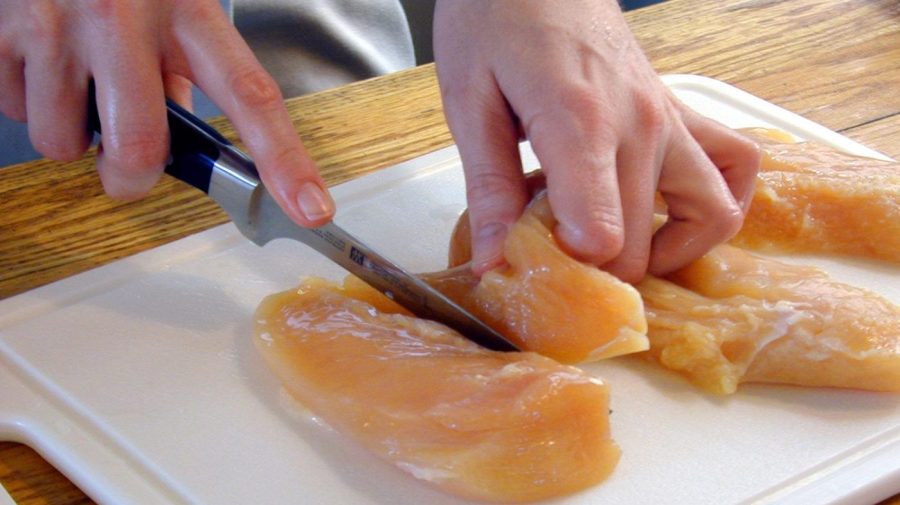
urinary tract infections UTIs have long been linked to sexual activity and poor hygiene, but a new study found that nearly 1 in 5 infections was linked to it. contaminated meat,
The results of a four-year study, published in American Society of Microbiology Journal Thursday revealed that 18 percent of UTIs in the patient population were linked to E. coli strains of animal origin. Among so-called foodborne UTIs, the highest risk of exposure was from chicken and turkey.
While more than 5,700 samples were collected from UTI patients and grocery stores in Southern California, the authors say the risk is not limited to the Golden State.
“Urinary tract infections have long been considered a personal health issue, but our findings show that they are also a food safety problem,” Lance B. Price, senior author of the peer-reviewed study and professor of environmental and occupational health at George Washington University, said in a news release.
“This opens up new avenues of prevention, particularly for vulnerable communities who bear a disproportionate burden,” Price added. “This is why we should be investing more in research about the social determinants of health, not less. Your risk of infection should not depend on your ZIP code.”
The study found that people living in low-income areas had a 60 percent higher risk of food-borne UTIs than people in wealthier neighborhoods, with older men and women particularly vulnerable.
According to the Mayo Clinic, E. coli can cause severe stomach cramps, bloody diarrhea and vomiting, and people can be exposed to the strain by eating undercooked or contaminated food, such as raw vegetables or meat. The elderly and children are particularly vulnerable populations who, if exposed to this strain, can lead to kidney failure.
The Centers for Disease Control and Prevention (CDC) says that UTI These are “common infections that occur when bacteria, often from the skin or rectum, enter the urethra and infect the urinary tract.”
How to protect yourself from E. coli
Marion Maas, a pediatrician by profession, told The Hill’s sister network NewsNation that the study showed that “the strains causing the infection are more likely to be found in chicken and turkey. So, an important measure is to make sure you’re cooking your meat properly, at the right temperature.”
To limit the chance of exposure to E. coli, Maas said, good bathroom hygiene and hand washing after handling raw or undercooked meat should be practiced.
“E. coli starts in your gut and ends in your stool, so wiping the right way is very important. This will be a bigger issue in children because teaching a 2-, 3- or 4-year-old to wipe in the right direction from front to back is harder than teaching an adult,” the doctor added. “Although women are more susceptible to UTIs, girls are especially at risk.”
For children, he emphasized what they are handling if they are learning to cook or helping in the kitchen.
“I’m a big proponent of teaching your kids to cook, but having kids handle any kind of raw meat is a bad idea,” Maas said.












